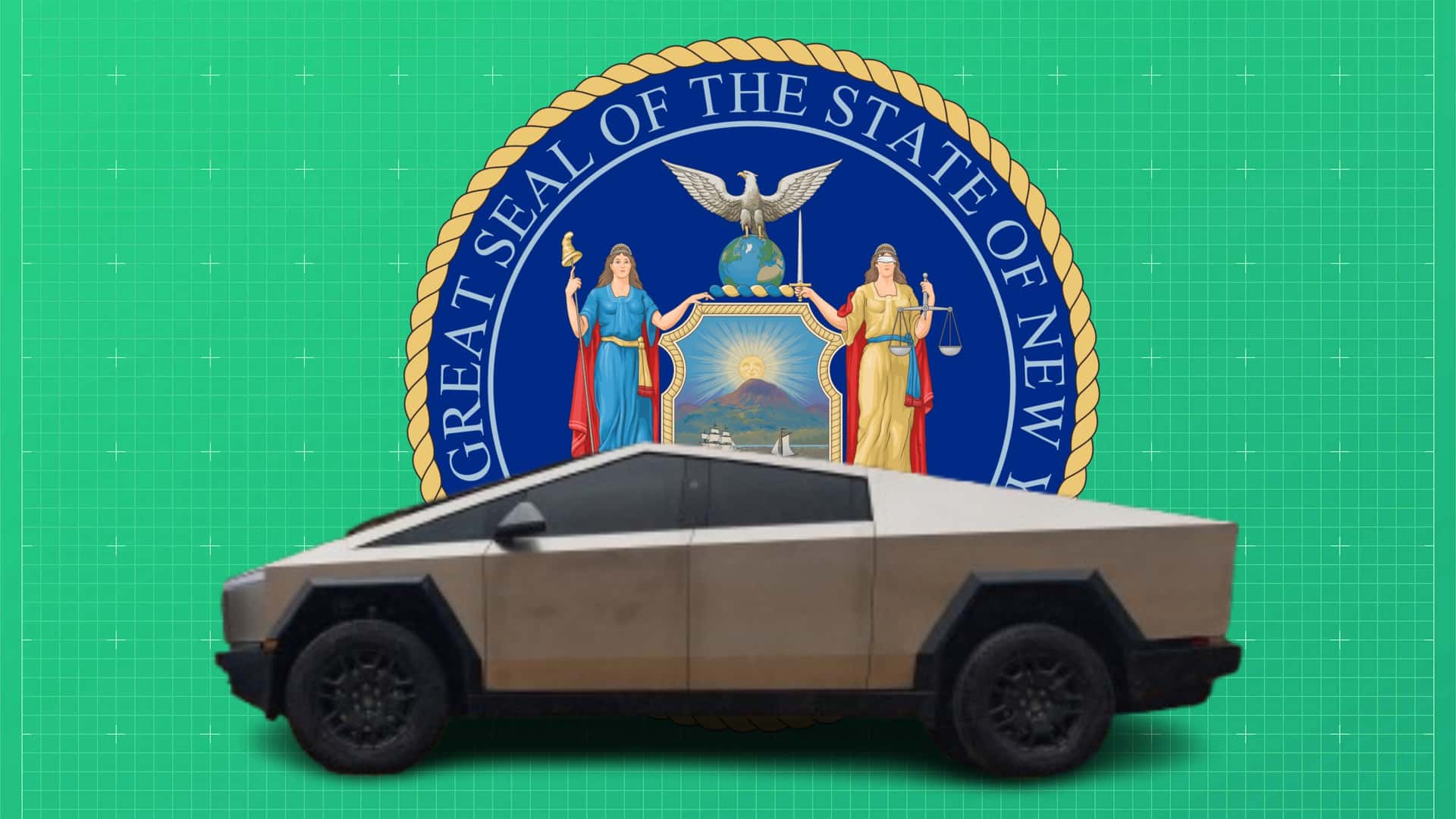
Lawmakers are attempting to undermine Tesla, yet ultimately, it is the consumers who stand to suffer from their actions.
- A senator from New York State intends to revoke Tesla's permits for operating retail locations within the state.
- These licenses persist solely due to state officials deciding to shield their automobile dealer allies from competitive pressures, illustrating how financial interests can influence political decisions.
- Although Tesla operates five locations within the state, firms such as Lucid, Rivian, and Scout are prohibited from establishing sales centers throughout New York.
New York aims to take the lead in electrification. Given its economy, larger than Canada's Given a fairly affluent and somewhat forward-thinking community, one might assume that the shift towards electric vehicles would be smooth. Certainly, there's ample funding supporting it. However, there is just one concern, which lies at the heart of numerous issues in this nation: The influence of money in politics.
Those who think that corporate funds cannot override public sentiment have likely not faced off against automobile dealership lobbyists. Even before Tesla became widely regarded as a public adversary, and well before the advent of the Department of Government Efficiency, this issue existed. The David versus Goliath conflict lies at the heart of the Tesla narrative. Many states possessed regulations specifically designed by automobile dealerships to prevent competition from manufacturers, and these were not being withdrawn easily without resistance. In fact, some jurisdictions went as far as enacting additional legislation aimed at keeping Tesla out of their markets.
More than ten years since the conflict began, it continues unabated even now. It transcends political affiliations. The fight might soon shift to New York as the new frontline.
New York State Senator Patricia Fahy has just launched the initial salvo, asserting in an interview with the New York Times the state should rescind Tesla's permission to operate company stores within the state.
Here’s an alternative version: New York initially lacked legislation prohibiting direct-to-consumer vehicle sales. However, once Tesla began challenging the dominance of traditional car dealerships within the state—often referred to as the "car dealership cabal"—the legislature stepped in with new regulations. Even though many consumers favored transparent pricing offered by direct-to-consumer models and recognized their viability compared to franchised systems, the state decided to ban this approach completely, regardless of Tesla not using franchises.
To clarify: There is absolutely no credible justification for claiming that businesses engaging in direct-to-consumer sales pose risks, are detrimental, or hinder competition. This is precisely why you have the option to purchase your phone from an Apple Store or retailers like Best Buy. Everything is perfectly acceptable this way.
More Dealer news
- The Traditional Car Dealership Model Is Crumbling More Than Ever Before
- Scout Motors Is Very Sure It Will Prevail Against Dealers
- Other Electric Vehicle Firms Abandoned Dealerships. Polestar Is Fully Committed To Them.
- VW Dealers Label Scout Strategies as 'Salt in the Wound'
- Car Dealers Are Excited About Trump's Comeback
- Why Honda Dealers Are Really Excited About Electric Vehicles
The legislation included an exemption. Since Tesla already operated five stores within the state, these locations were permitted to remain operational. This implies that as Tesla evolved from a small startup into the highest-valued automotive company globally, it managed to cater to all of New York’s $2 trillion economic landscape through merely those five retail spaces. Such limitations adversely affect not only Tesla but also newer companies such as Rivian and Lucid, which have been unable to establish any presence in New York due to this constraint. These restrictions stem directly from New York's anti-competition laws aimed at safeguarding established dealership networks, bolstered by their influential lobbying power.
As a consequence, Tesla now holds a monopolistic position with exclusive direct sales and faces no possibility for expansion. Surprisingly, Senator Fahy—who belongs to the Democratic Party—seems intent on blaming Tesla for these outcomes. After CEO Elon Musk weakened several federal agencies, she aims to exclude the company from operating within the state.
Mr. Musk, she informed him New York Times Is part of an administration that is eliminating all grants for electric vehicle infrastructure, terminating support for wind energy, and halting every initiative that could tackle climate change. Why should we allow them to have a monopoly?
She's very near achieving her goal, yet strangely shies away from committing a greater wrong: Why on earth is New York granting artificial monopolies to various entities? She suggests distributing Tesla's five permits to competitors instead. Lucid , Rivian and Scout Motors That concept perpetuates the flawed approach of letting the government choose which companies succeed or fail. The dealers provide employment and revenue, thus they benefit. Tesla is considered an adversary, hence it suffers. Meanwhile, Rivian, Lucid, and Scout haven’t made significant impacts yet, so they receive minimal advantages; however, they must be aware that New York retains the power to rescind their privileged status should their CEO offend a senator.
This is a foul and unsavory approach to an equally foul and unsavory issue. New York is once more confronting Tesla, and inevitably, it's the consumers who suffer from this dispute.
Contact the author: Mack.hogan@insideevs.com .


0 Comments